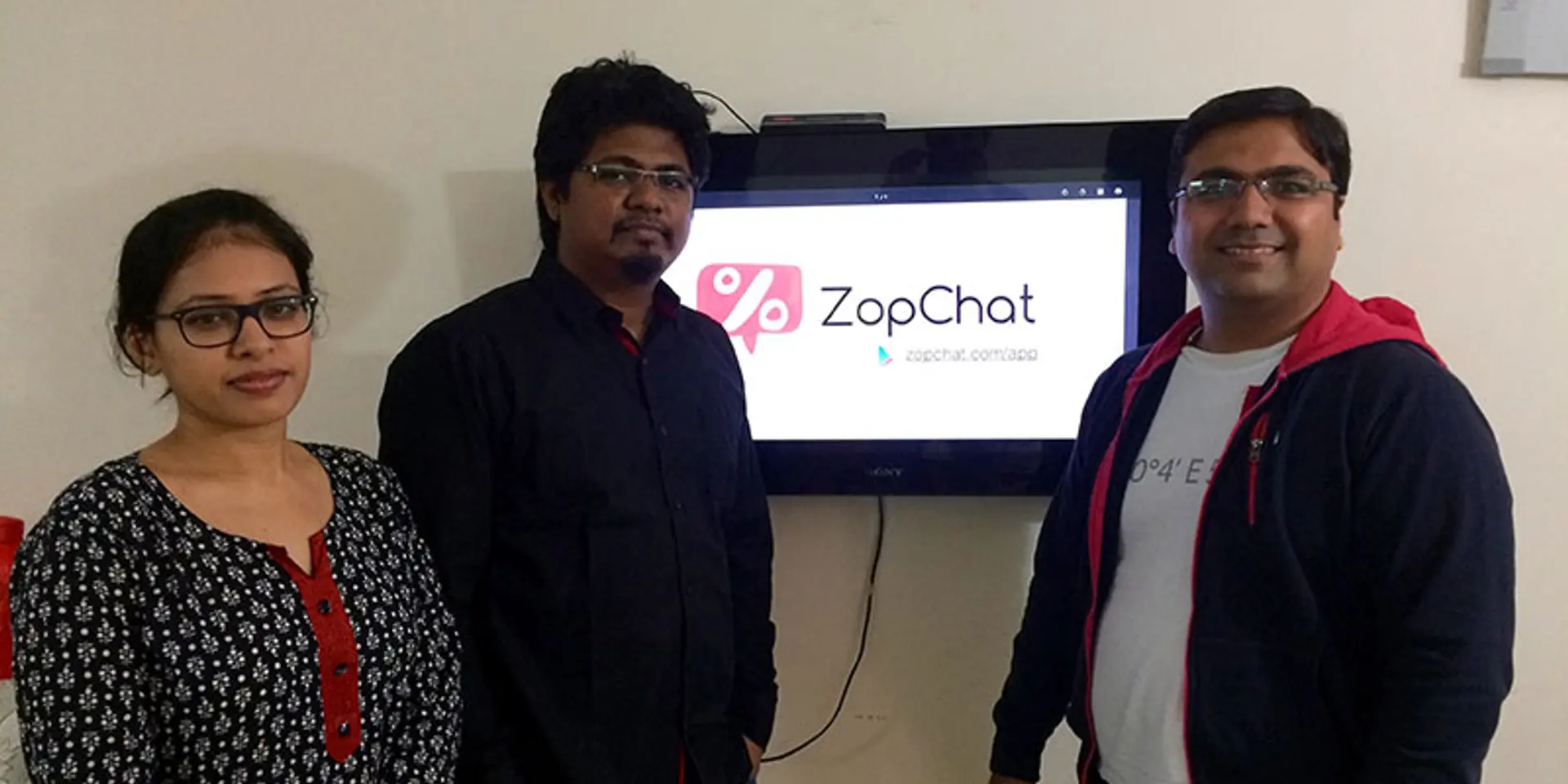Five lessons I learnt from failing at an on-demand beauty services startup, after burning 20 lakhs of our personal funds
After the acquisition of our earlier startup 100Marks by the competitor embibe.com in early 2015, we (Me and Anushri, the other co-founder of 100Marks) were very excited to join the on-demand services bandwagon. The beauty sector felt like a very attractive field to start because of two reasons.
- The ticket size on each transaction.
- Not many competitors at that point of time.
We were joined by two other co-founders, Himanshu Malik, who had 10 years of experience in setting up and running his own auto parts manufacturing unit as operations head and another from Amazon to lead the product and voila we were ready to take another plunge with Stylish.

We quickly hired a beauty services consultant, a team of beauticians, and also a tech team. And at the end of five months, in the middle of raising our seed round of 3 crore (We already had commitment of 60 lakh from the angels), we had chosen to shut down the business.
Here are the five lessons we’ve learnt from the whole saga:
- Business defensibility is very important: It is quite obvious that there are no barriers to entry in aggregating services and that probably was the reason. Suddenly, there were more than five beauty startups in every city, from Bengaluru to Chandigarh.
Although it seemed like a less important thing for us at the outset, this was the most important reason we couldn’t close our seed round faster. You probably don’t need a differentiator at the outset, but there is nothing that we could think of that’d eventually differentiate our business.
- Don’t use discounts and focus on unit economics: This is one of the reasons that we’ve burnt up our cash faster. Because there was no differentiation in home services business, like every other player in this market, we used discounts to drive our sales. Since we wanted to raise quickly, we used heavy discounting (50%) on services to grow our sales and it badly affected our unit economics.
Initially to ensure quality, like all the other competitors, we had to send the beauticians to customers place by cabs. Our ticket size after the discount was Rs 900. It costed us around Rs 600 to get beauticians to customers place and back, and the material cost for the service was about Rs 400. In addition, we used to incentivised beauticians, Rs 200 for every five star rating, to maintain quality. Our cost of acquisition was around Rs 500. It’s obvious how bad we were doing at unit scale. We ignored it thinking this is how even Flipkart operates.
- Timing is important

- Growth hacks are important
Every startup should totally focus on growth. It is very important to figure out those growth hacks at an early stage to get to the next level with ease. Later, we learnt that couple of other startups were using urban clap and help chat to get free leads and we were paying more than INR 500 to acquire a user.
- Money is not yours until it’s in your bank
Before trying to raise our seed round, we also tried for an angel round and had verbal commitments too. Based on these commitments, we had raised our burn and started hiring a costlier design firm to do our mobile app UI, doing a professional photo shoot with professional models and photographers, hiring people with high pay packages, which was the another reason for burning our money at an early stage.
Don’t depend on verbal commitments. But remember that the money is not yours until it’s in your bank.
About author:
Pradeep Kumar, currently is working on his new startup ZopChat, which is a chat-based personal shopping assistant which helps users discover best prices, discounts and coupon codes from across the web and local stores, just through a simple chat.
(Disclaimer: The views and opinions expressed in this article are those of the author and do not necessarily reflect the views of YourStory.)



